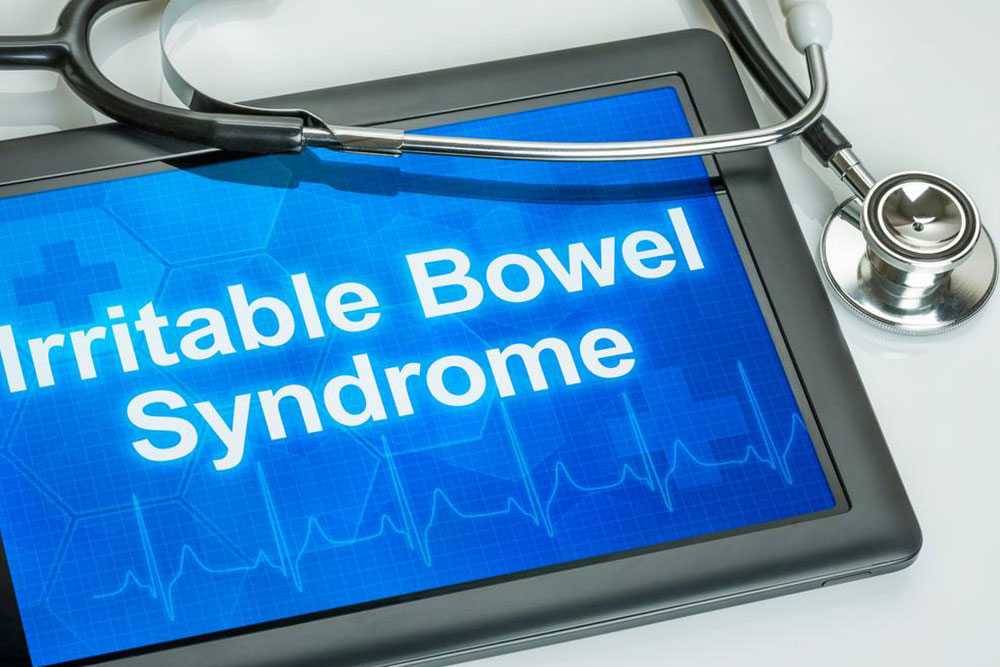Comprehensive Guide to Recognizing Symptoms of IBS
This comprehensive overview covers IBS symptoms, causes, diagnosis, and management. It highlights common signs like abdominal pain, changes in bowel habits, bloating, and additional symptoms such as fatigue and mood disturbances. Early diagnosis and treatment are vital for improving quality of life and preventing complications, with strategies including dietary adjustments and medication. Recognizing the symptoms can aid in differentiating IBS from other gastrointestinal disorders for better health management.

Understanding the Symptoms of Irritable Bowel Syndrome
Irritable Bowel Syndrome (IBS) is a long-term condition affecting the large intestine. Despite its prevalence, many individuals experience mild symptoms and do not seek medical help. Here's everything you should know about IBS symptoms.
IBS is a gastrointestinal disorder caused by irregular intestinal movements. Globally, approximately 1 in 10 people are affected. Though it is a chronic condition, it doesn’t lead to serious diseases like cancer or inflammatory bowel conditions. IBS does not progress or worsen over time.
Symptoms can fluctuate daily, sometimes improving or worsening. The exact cause remains uncertain; it may vary among individuals. Some people have sensitive intestines, while others have difficulty digesting specific foods. Triggers like certain diets, antibiotics, stress, or hormonal shifts can exacerbate symptoms. Diagnosis typically involves medical history and physical examination; rare cases may require blood tests, colonoscopy, or stool analysis.
Since causes are not fully understood, treatment aims to relieve symptoms and improve quality of life. Dietary changes, lifestyle modifications, and stress management are vital. Severe cases may require medications such as anti-diarrheal drugs, antibiotics, antidepressants, fiber, or antispasmodics.
Key Symptoms of IBS
Symptoms often worsen after meals and occur episodically. Triggers vary among individuals. Common signs include:
Altered bowel habits
Abdominal cramps or pain that ease after bowel movements
Stomach bloating
Presence of mucus in stools
Excessive flatulence
Feeling of incomplete bowel evacuation
Urgent need to visit the bathroom
Changes in Bowel Patterns
IBS can cause variations in bowel movements, such as:
Changes in stool size and consistency—from watery or loose to hard or narrow
Bloating and gas buildup
Increased or decreased frequency of bowel movements
Altered stool passage, including urgency or feeling of incomplete evacuation
Some experience intermittent lower abdominal pain coupled with constipation, sometimes alternating with diarrhea. Others may only have mild constipation with mucus or gas issues.
Additional Symptoms
IBS may also cause non-intestinal symptoms such as sleep disturbances, back pain, headaches, mood issues like anxiety or depression, fatigue, heart palpitations, sexual dysfunction, urinary symptoms, or a bitter taste in the mouth. Due to symptom overlap with other conditions, misdiagnosis can occur. Persistent symptoms lasting over weeks should prompt a visit to your healthcare provider. Accurate and early diagnosis is crucial for effective management and preventing complications like chronic diarrhea. Recognizing these signs helps differentiate IBS from other health issues.










